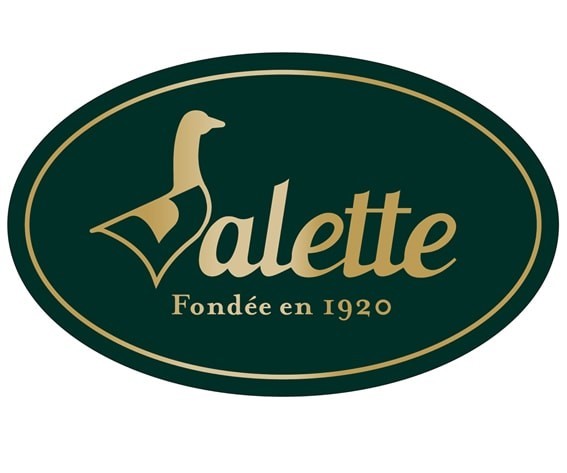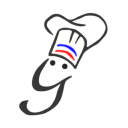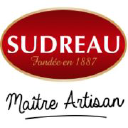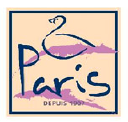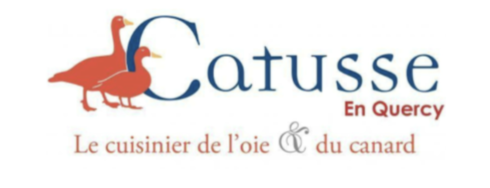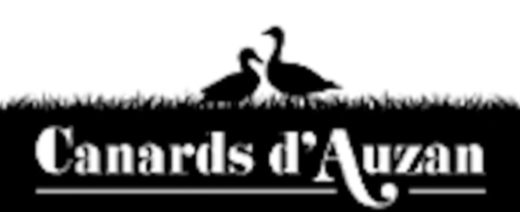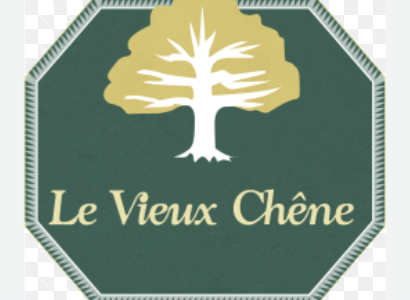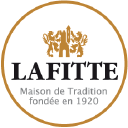Summary
to understand this market
Detailed content
 Inforamtion
Inforamtion
- Number of pages : 30 pages
- Format : Digital and PDF versions
- Last update : 12/07/2023
 Summary and extracts
Summary and extracts
1 Market Overview
1.1 Definition and presentation
Foie gras is a delicacy made from the fatty liver of duck or goose. However, several nations, including Italy, ban its production. Animals are fed "gavage" to obtain foie gras, which is a tube that continuously feeds the animal with fatty meals to expand the size of the liver. An estimated 80% of the world's production takes place in France alone, producing more than 20 thousand tons each year. Because it involves significant pain in animals, foie gras is one of the most contested animal meals in the world. Animal welfare organizations around the world have long campaigned to stop the production of foie gras; in Italy, the Stop foie gras campaign by "Essere Animali" helped ban its sale in supermarkets.
Despite recent restrictions on production and distribution in some countries (including New York and California), the foie gras market was valued at $1168.7 million in 2020 and is expected to reach $1198.8 million by 2028, growing at a CAGR of 1.8% from 2021 to 2028, according to the latest market research.
In Italy, as mentioned above, production but not import and trade is banned, but with several restrictions to reduce its consumption; today in Italy foie gras is not available in any supermarket but can still be purchased in online stores of typical products and freely tasted in restaurants. it is a food that in Italy costs approximately 80-100 euros per kilo, a price marked by the difficulties of consumption and not affordable for all citizens.
After the official ban on foie gras issued in New York, which came into effect in 2022, the production of foie gras certainly needs more ethical production.
Here comes from Toulouse, a study by researchers who would produce foie gras using bacteria to enlarge the liver of geese, thus avoiding forced fattening. The process is very expensive and would lead to a significant increase in production costs, but it would avoid practices banned in more globalized countries.
 List of charts
List of charts
- Breakdown of foie gras production
- Size of the foie gras market
- Value of imports of meat and edible offal; of geese, fatty livers, fresh or chilled
- Value of imports of meat and edible offal; duck, fatty livers (foie gras), fresh or chilled
- Covid-19 impact on imports of meat and edible offal; duck, fatty livers, fresh or chilled
All our studies are available online in PDF format
Take a look at an example of our research on another market!
Latest news
Companies quoted in this study
This study contains a complete overview of the companies in the market, with the latest figures and news for each company. :
 Choosing this study means :
Choosing this study means :
Access to more than 35 hours of work
Our studies are the result of over 35 hours of research and analysis. Using our studies allows you to devote more time and added value to your projects.
Benefit from 6 years' experience and over 1,500 industry reports already produced
Our expertise enables us to produce comprehensive studies in all sectors, including niche and emerging markets.
Our know-how and methodology enable us to produce reports that offer unique value for money.
Access to several thousand articles and paid-for data
Businesscoot has access to all the paid economic press as well as exclusive databases to carry out its market research (over 30,000 articles and private sources).
To enhance our research, our analysts also use web indicators (semrush, trends, etc.) to identify market trends and company strategies. (Consult our paying sources)
Guaranteed support after your purchase
A team dedicated to after-sales service, to guarantee you a high level of satisfaction. +44 238 097 0676
A digital format designed for our users
Not only do you have access to a PDF, but also to a digital version designed for our customers. This version gives you access to sources, data in Excel format and graphics. The content of the study can therefore be easily retrieved and adapted for your specific needs.
 Our offers :
Our offers :
the foie gras market | Italy
- What are the figures on the size and growth of the market?
- What is driving the growth of the market and its evolution?
- What is the positioning of companies in the value chain?
- Data from several dozen databases
5 reports pack (-15%) IT Italy
- 5 reports at €75.6 excluding VAT per study to choose from our Italian catalogue for 12 months
- Save 15% on additional studies purchased
- Choose to be refunded any unused credit at the end of the 12-month period (duration of the pack)
See the terms and conditions of the pack and the refund of unused credit.
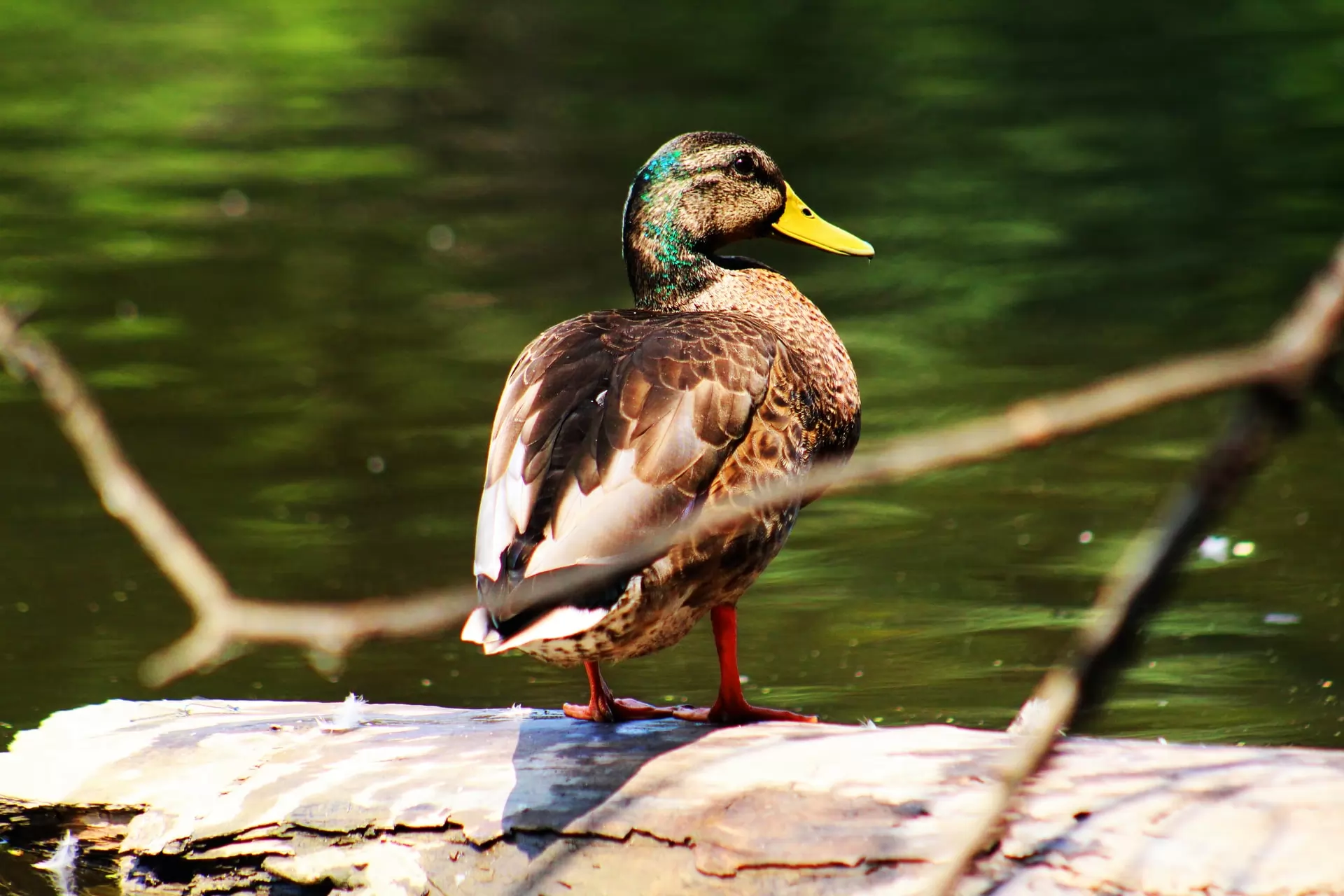




 Labeyrie to close its Boulogne-sur-Mer plant - 25/11/2023
Labeyrie to close its Boulogne-sur-Mer plant - 25/11/2023
 Euralis discontinues sales of crop protection products and focuses on new crops - 21/01/2023
Euralis discontinues sales of crop protection products and focuses on new crops - 21/01/2023
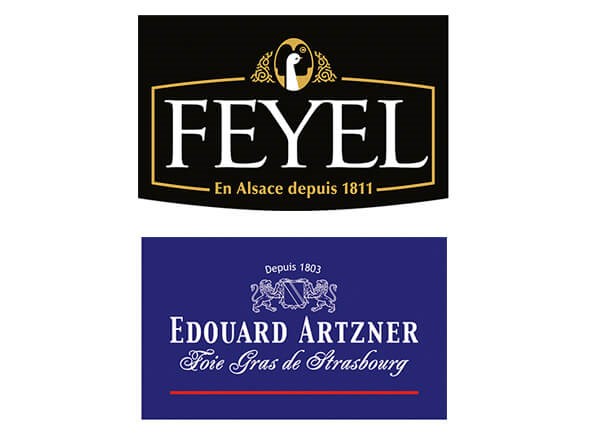 Les foies gras Feyel & Artzner adapt their production - 02/01/2023
Les foies gras Feyel & Artzner adapt their production - 02/01/2023
